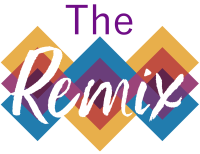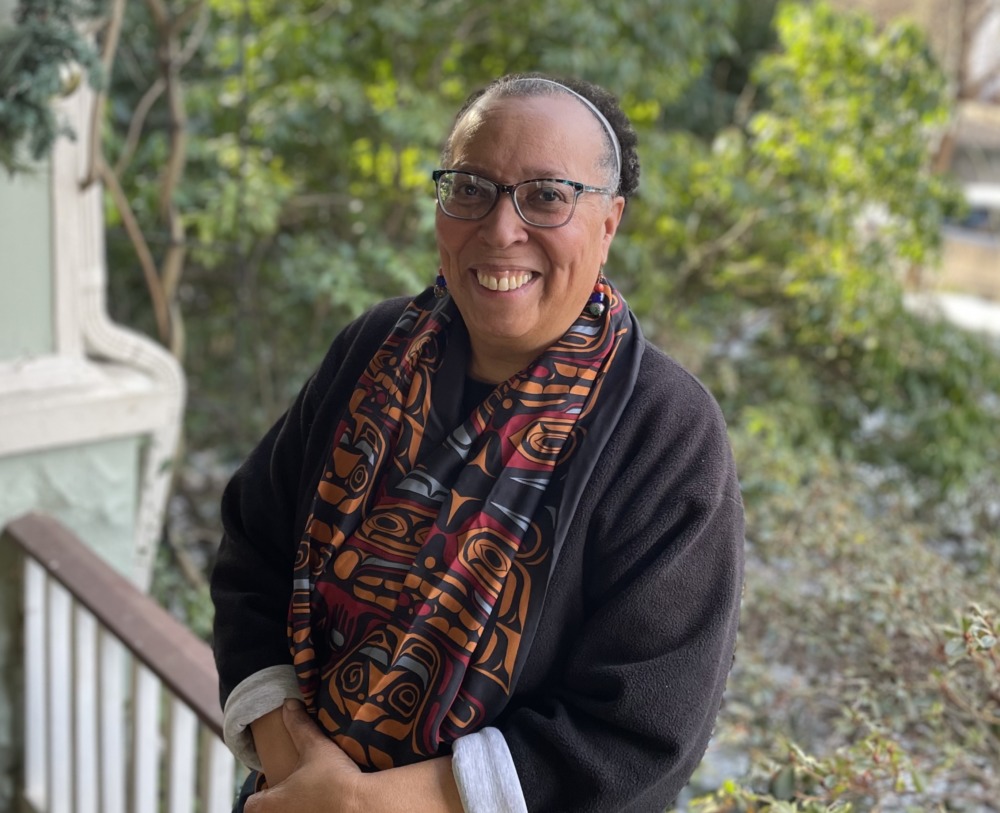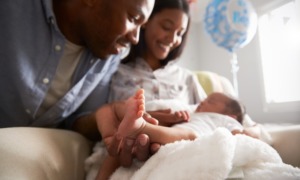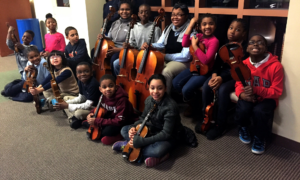Let me be the first to admit that, even as a Youth Today columnist and advisor, I don’t read every article. But I do code their titles. Thirty-eight articles were published in March. Half focused on proposed or enacted state or local policy changes or challenges. The vast majority reported on policies that reduce, rather than expand, young people’s rights to fair trials, family reunification, transgender health care and access to abortion. Bills and binding decisions to books touching on topics related to LGBTQ choices. Decisions to deny students’ identities from “forced outing” bills to bans on racial teaching. And, of course, continued proposals to keep students safe from gun violence.
 I am a black woman who is the proud mother of a gay, married son. My first policy work was in sexuality education and teenage pregnancy prevention. These challenges to young people’s rights and identities — especially challenges that impinge on their rights to safe, supportive educational environments — make me shudder. So, I was intrigued when I learned about the Purpose of Education Index.
I am a black woman who is the proud mother of a gay, married son. My first policy work was in sexuality education and teenage pregnancy prevention. These challenges to young people’s rights and identities — especially challenges that impinge on their rights to safe, supportive educational environments — make me shudder. So, I was intrigued when I learned about the Purpose of Education Index.
The Purpose of Education Index is “the first of its kind private opinion study of the American people’s priorities for the future of education in America.” I emphasize the word “private.” Populace, a non-partisan think tank, uses a methodology designed to measure the differences between how respondents privately prioritize 57 purpose statements and how they think others prioritize them by asking respondents to pick from sets of options.
In effect, it asks people to participate in defining the purpose of a completely new education system by simulating real-world decision-making which always involves trade-offs. Here’s a quick summary of their top takeaways from 1,087 parents and 1,010 general population adults (with an oversampling of Asian, Black, and Hispanic populations):
• Practical skills and outcomes should be the end goal of K-12 education, not college. (Practical skills ranked #1. College ranked #47.)
• Encouraging students to demonstrate character (e.g., honesty, kindness, integrity, ethics) is a marker of a school’s success (#3), but respondents don’t want schools instructing students on values and social norms (#52).
• Individualized competency-based, interest driven education is the future. Students should get the unique supports they need (#5), should advance once they have mastered a subject (#7), and choose courses based on individual interests (#9). One-size-fits-all approaches are rejected (e.g., all students receive the same level of support (#34) and study the same thing (#57).
• Better is no longer the goal — different is. Seventy-one percent believe more things should change than stay the same. Twenty-one percent% believe nearly everything should change.
• Education priorities vary by race in unexpected ways that beg for discussion. (e.g., “Being prepared to be a productive member of society” is #5 for Hispanics, but #30 for Asians, #38 for Blacks, and #48 for Whites.
The report is complicated. It not only offers the rankings for different racial and ethnic groups, but also for the general population versus parents and then parents of children with Individualized Education Plans, which generally indicate students who are receiving special education services in school, versus those without. It has data from 2019, allowing pre- and post-pandemic comparisons.
“If there was ever a moment when differences between what people say in private and in public … matter it is now.”
But the plentiful tables and summaries are worth scanning. If there was ever a moment when differences between what people say in private and in public – or between the opinions of the general public versus parents – matter it is now. The nuance embedded in the disaggregated data on the 57 purpose statements helps bring to life the complex tensions involved in everyone’s thinking about the purpose of public education. The takeaway, for me, is the number of surprise findings that defy easy explanation:
What, for example, is behind the 52-point difference in rankings between the desire to have schools be places where youth “demonstrate character” and places where they “learn social norms and appropriate behavior”? The key may lie in the wording — demonstrate versus learn.
The general population believes schools should help students:
1. Develop practical skills,
2. Be able to think critically,
3. Demonstrate character,
4. Demonstrate basic reading, writing and arithmetic skills and
5. Receive unique supports needed.
Demonstrate character is the only one of the top five purposes with a significant difference between what people value privately and what they think others value; overall, respondents ranked this character education as the third most important task for schools, while believing others would rank it as 26th.
The parent results were similar, but with two exceptions: Parents’ first choice was “all students have the option to choose the courses they want to study based on interests and aspirations.” The general population’s private ranking was 9th. The big surprise, given parents’ support of personalization, was that parents privately ranked “All students receive the unique supports that they need throughout their learning.” #31 out of 57, even though their perspective of how other people would rank it was #7. My guess, here, is that parents reacted to the word “receive” much as they did to the word learn.
Privately, parents are much less likely than the general population to want schools to help students learn to treat all people equally (ranked #34 versus #18) or learn to participate in democracy (ranked #43 versus #23). And there was a 30-point difference between their private rankings on the democracy statement and the raking they ascribed to the public. Parents, however, privately rated “prepared to be productive members of society” much higher than the general population (#18 versus #48) while sharing a similar view about the ranking others would offer (#38).
The anomalies go on. Blacks, in general, rank thinking critically as the top priority, higher than Hispanics and Asians; but they believe the public has no interest in this goal, ranking general interest as #42). Blacks were also the only racial/ethnic group to rank the statement on unique supports lower (#21 versus #5 for all groups).
Interpreting survey answers is dangerous. But pondering them helps me think about the nuanced reasons behind people’s private thoughts and their willingness to take public action. Organizations like Populace can play a huge role in helping us move beyond simple all or nothing, us versus them thinking.
***
Karen Pittman is a partner at KP Catalysts and the founder and former CEO of the Forum for Youth Investment.
































